Submitted by GAURANGAGG on Sun, 09/17/2017 - 21:01
Vinod Khosla is an Indian-born American engineer and businessman. Khosla is listed by Forbes magazine as a billionaire. Khosla made his early fortune as one of the co-founders of Sun Microsystems, where he was the founding CEO and chairman in the early 1980s.
Following are some of the learnings from him which were shared by him at the Stanford's Leadership Panel Discussion Session:
Making things happen, things in which you believe. They wont always come true but many of the times they will.
Things do work out! People are nice and they will accommodate and support you!
Datadump was the first company by Vinod Khosla which also got funded. It didn't work out and that's okay. After that, he co-founded Sun Microsystems.
The point is, people, don't remember your failures and willingness to fail gives you the ability to succeed. Anything worth doing is hard. Failure doesn't matter, success matters - everyone remembers the success.
Vinod Khosla started his first company in Delhi in 20. He was 19/20 when he was told that it would take 7 years to get the landline connection in Delhi ( there was a long waiting list ). He sort of picked up and moved to CMU.
He knew he had to be in the USA and he didn't have much money so he figured out how someone can pay for it, and that the scholarship which he got for his studies ( Bio-medical engineering department of CMU offered scholarship and further moved to Stanford after that. )
With enough persistence, most of the impossible things become possible.
You can turn things around when you stop taking NO as an answer for things you want dearly. Whatever the goal is, have the conviction and work on it.
When you can't convince them, confuse them. Identifying what you want, and getting it any how.
Having a belief system - what do you actually believe in. 90% of people will do what they are expected to do as opposed to what they want to do. Considering your time as valuable and using at the places where you truly want to spend on or else you will wonder what the heck you are doing with your life.
Having guts to believe in your belief system - he will consider his time well spent.
Leadership is to know what you believe in. Follow that compass - of your belief system.
Here's where are different and here's how we will go. Everyone, be it an individual or an organisation, everyone needs it.
Doing irrational things which syncs with your belief system, Apple was struggling for years and then Steve Jobs came in and made Apple the most valuable company in the world!
Having belief systems, and constantly pursuing it!
Unqualified people shouldn't comment on things they don't understand or which is away from their circle of competence/ belief system. Like English Majors commenting on what will be top future technology. They just cannot understand things that easily. They need proper guidance and must work on their areas of strengths.
Having the confidence to speak truth - people will appreciate that.
Time slots of activities are divided into 15 minutes. Dividing whole day into chunks and then working on things at an optimal rate of yours.
Having the luxury of doing what you want by not having a job. Get to do things which you want to do.
The learning experience of the startup whether it is successful or not is valuable. Learning the culture of the silicon valley and how it enhances the personality.
Earning the right of advising by doing the things yourself. For example working as a Angel Investor and advising the entrepreneurs and startups while the Investor herself hasn't done/ worked with any startup.
Writing off the investments mentally and then seeing the upside of earning in multiples out of your investments.
Know what you want to do. Matching your activities with your personality.
In startups, there are 90% chance of failure. Risk taking is absolutely important.
In the edges where there are uncertainties, there is hope of evolution and all the interesting possibilities lie there! Unless you are there and learning fast to be there and that's where new things are happening. All that happens at the edge.
Being in edges, the probability of failure is really high but it will give you exponential growth. People majorly reduce the possibility of failure to increase the success rate but the consequence of success is very little as compared to increasing the risk of failure to reduce the success rate. It is a lot fun!
Forecasting the future, being there! Being there the Puck is going to be at!
The probability of getting the forecasts right by any analyst from McK, Bain is similar and small. Explore the edges yourself, what's going to be revolutionary in next 10-15 years and going there!
It's about having the point of view, belief system.
5% people are needed to make the change in the society.
Less than 100 people will influence the entire society in different areas of society. They will have their internal compass and they won't refer the external forecasts.
Support belief system - deciding what you want to do in future. VK was 16 when he started coding in IIT Delhi.
Core belief system was to work on interesting things ( which has the major impact ) where ever he goes. Focusing on impact.
Keep on doing interesting things throughout your life, building, investing in great companies which are doing great impactful things and not just doing transactional investments.
Being proud of your failures, as it is the stepping stone. Probably you will have more failures than your success but that one success will be memorable and no one cares about the data dumps.
Quotes:
- Try to fail but don't fail to try!
- Only those who can fail greatly can succeed greatly! ( Example of Elon Musk )
Book Recommendations:
- Anti Fragile
- Black Swan.
- Sam Harris - Lying: https://www.samharris.org/lying
What matters to you: It is cook to disrupt things to impact. Taking new things/ projects. Knowing you can make impact the industry is rewarding.
Pursue hot challenges and working towards all odds. Having the possible impact!
Family is important. Monthly report of all time spent on things, classifying time in different categories. Every month you need a report to check what's happening with your time!
Decide the priorities and measure them. Be disciplined.
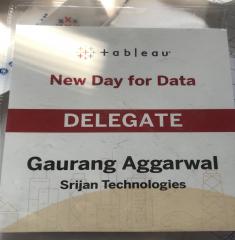

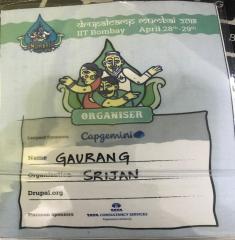
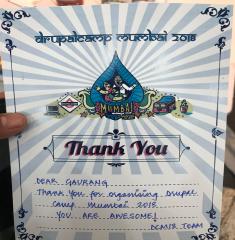
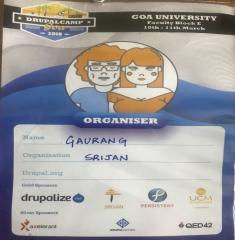
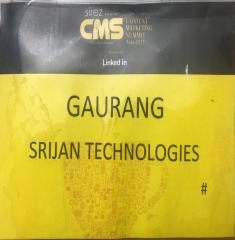
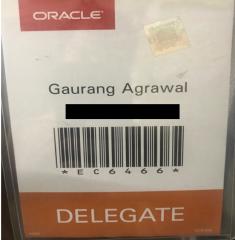
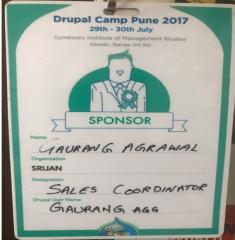
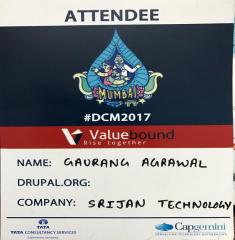
Add new comment